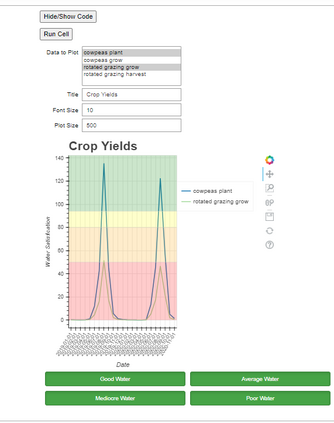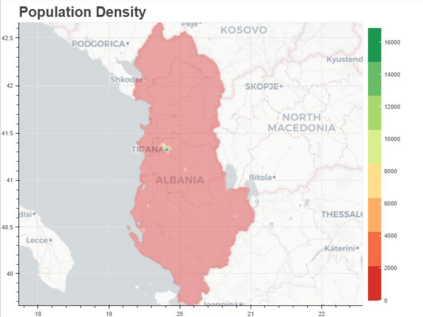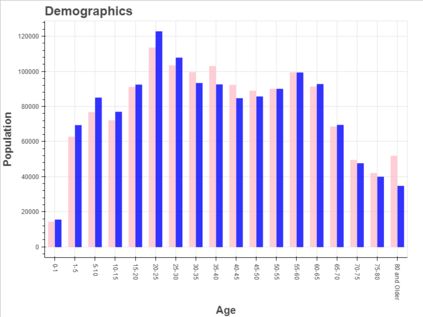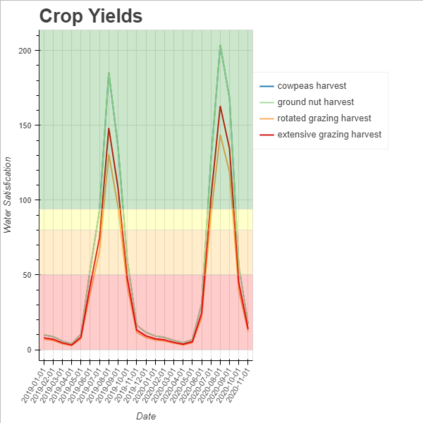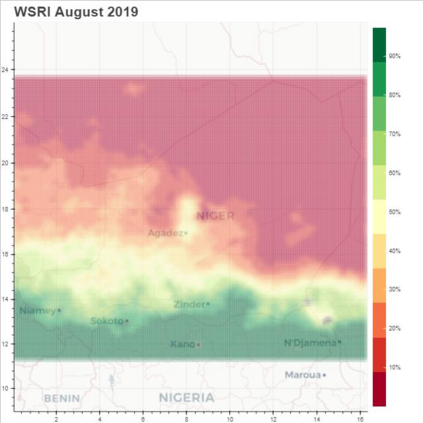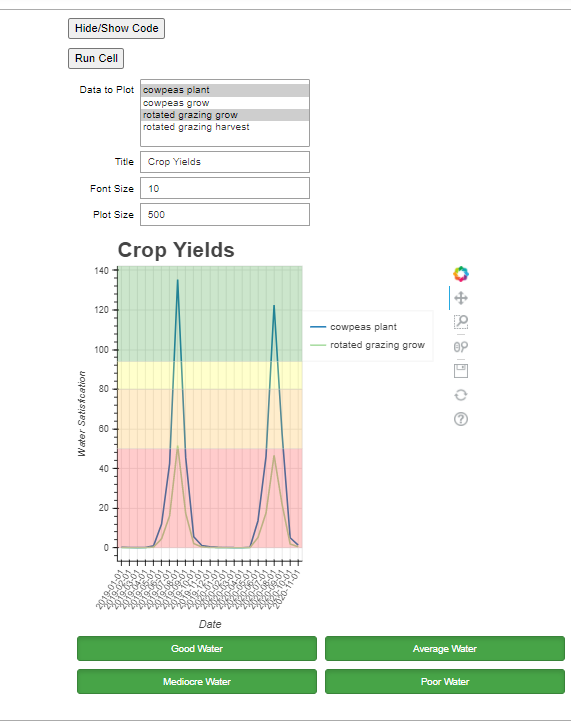This research represents an attempt to ignite the growth of a crowd sourced simulation ecosystem of reusable subcomponents for Agent-Based Models. Due to the inherent complexity of simulations, developing this ecosystem will be more difficult than other knowledge sharing ecosystems, such as machine learning libraries. This difficulty is due to the number of disparate parts that must work together to provide a verified and validated simulation. Not only is it difficult to ensure interoperability of component parts, but each part can also have a significant number of possible variations. These variations can include everything from simple choices such as agent order to trained machine learning models with various architectures. However, due to the dynamics of complex systems, the need for subcomponents cannot be ignored. Otherwise, the environment will consist of an incomprehensible number of standalone models, without reusable parts and without reproducibility. The goal of this research is to create a seed to encourage the development and sharing of the basic components of a simulation (data ingestion, behaviors and processes, and platform extensions) that will grow and develop into a robust ecosystem that democratizes simulations development and usage for both researchers and practitioners. A robust simulation ecosystem will help humanity further explore and probe the depths of complex systems, enhancing understanding and helping humanity evolve.
翻译:这项研究试图点燃一组来源的模拟生态系统,为代理模型提供可再使用的子部件。由于模拟的内在复杂性,开发这一生态系统比机器学习图书馆等其他知识共享生态系统更为困难。这一困难是由于必须共同工作的不同部分数量众多,以提供经过核实和验证的模拟。不仅难以确保部件的互操作性,而且每个部分还可能有许多可能的变异。这些变异可能包括各种简单的选择,如代理人命令、经过训练的机器学习模型等。然而,由于复杂的系统动态,对子组成部分的需要不容忽视。否则,环境将包含一些无法理解的独立模型,而不能再使用部件,而且不能再复制。这项研究的目的是创造种子,鼓励开发和分享模拟的基本组成部分(数据摄取、行为和程序以及平台扩展),这些组成部分将发展成一个强大的生态系统,使研究人员和从业人员的模拟开发和使用更加现代化。强有力的模拟生态系统将有助于人类的深度的进一步发展和探索。一个强有力的模拟生态系统将帮助人类的复杂程度的加深和探索。

